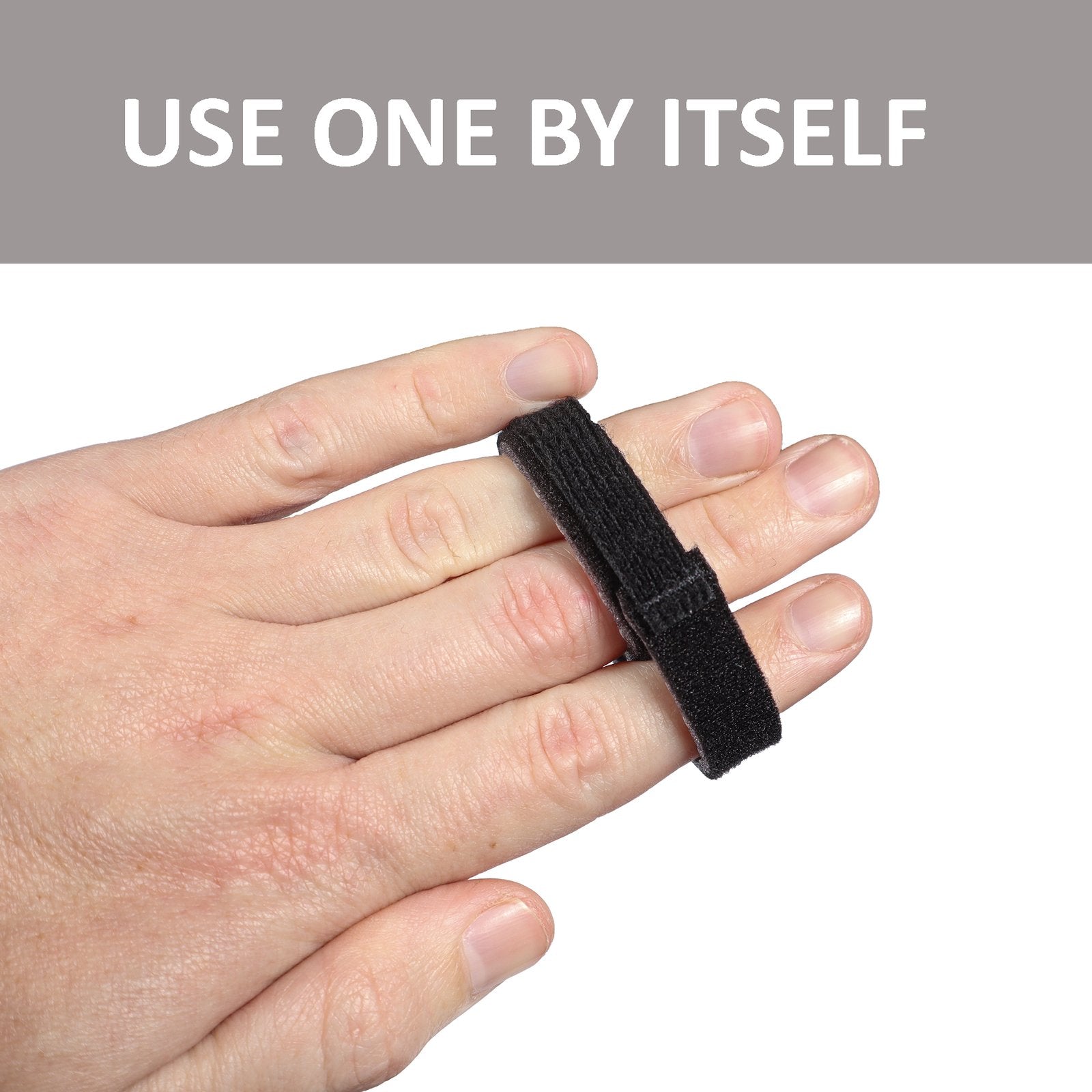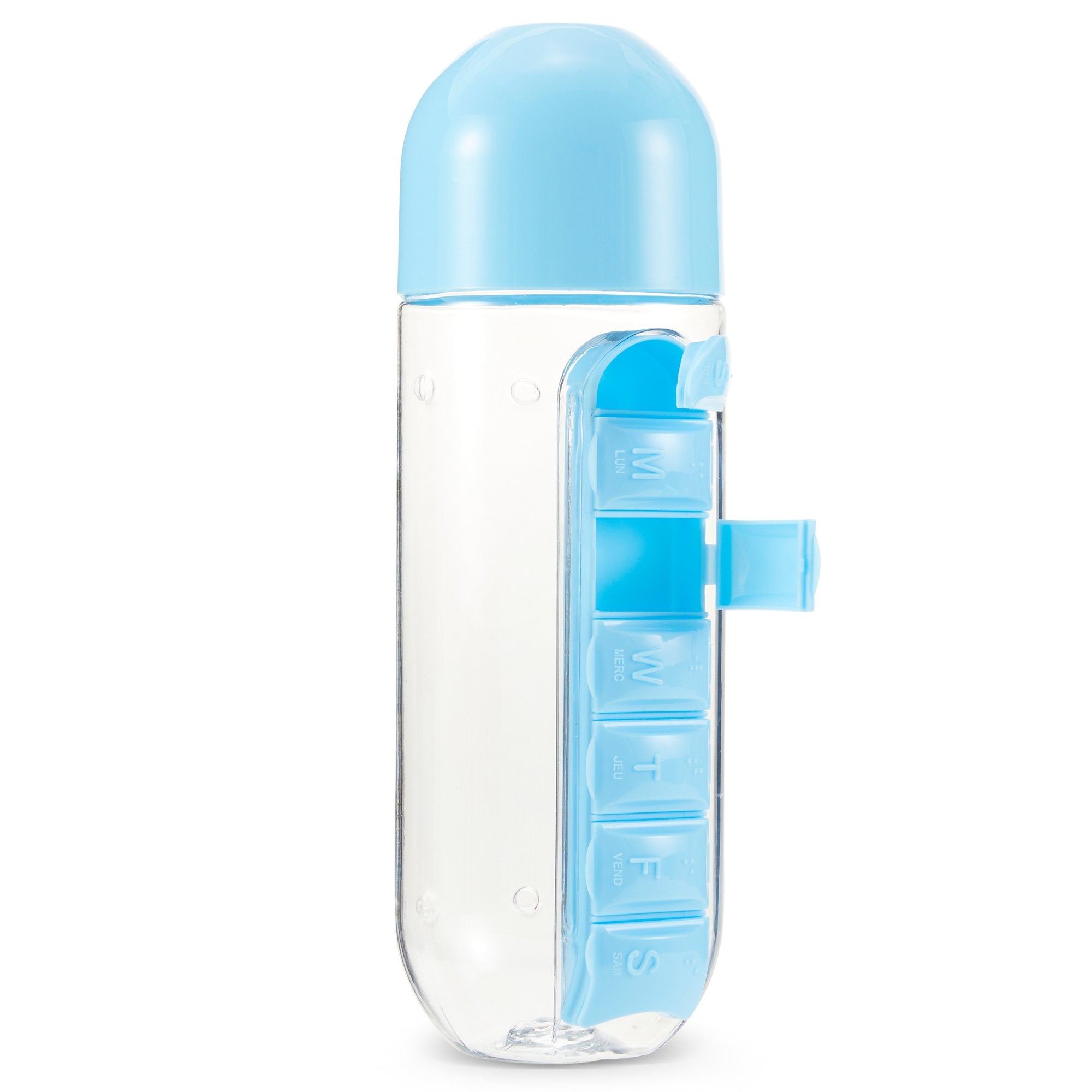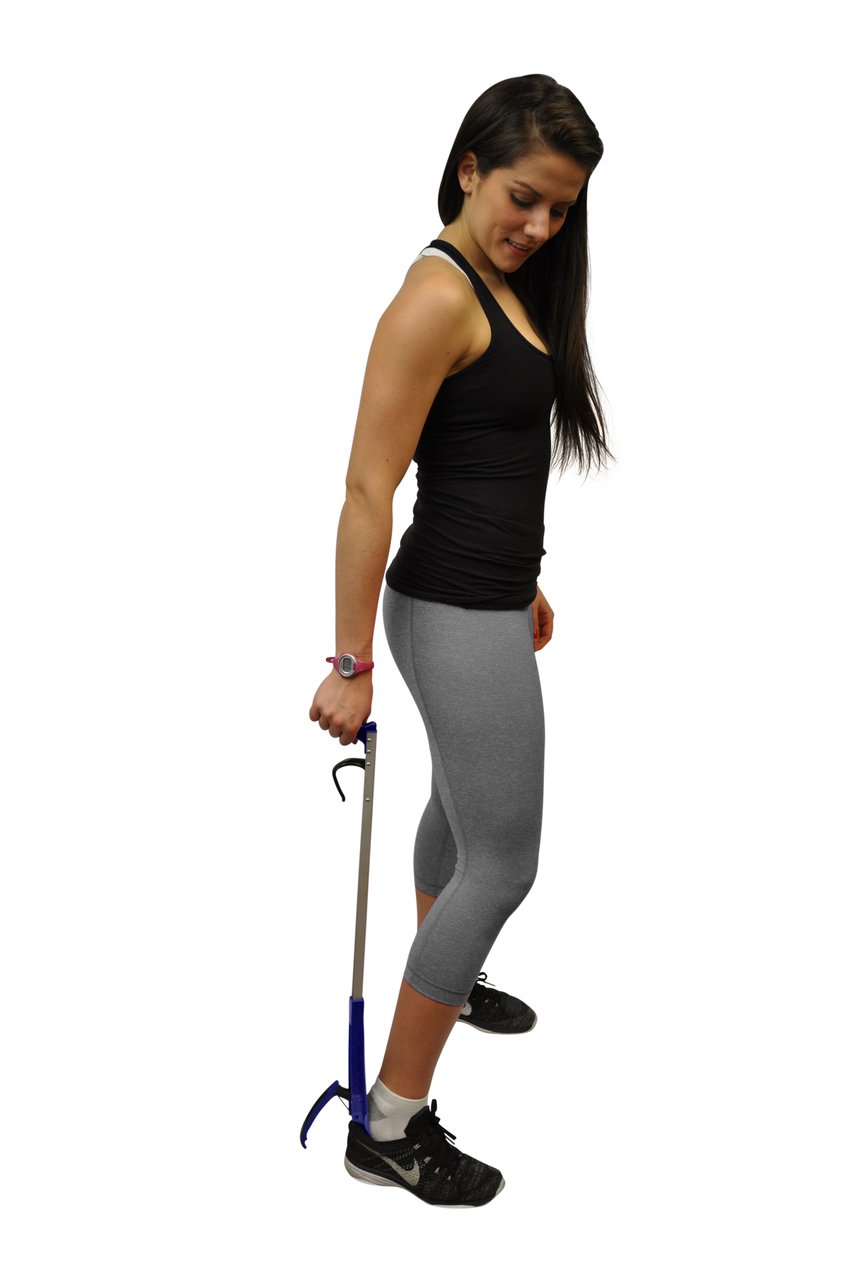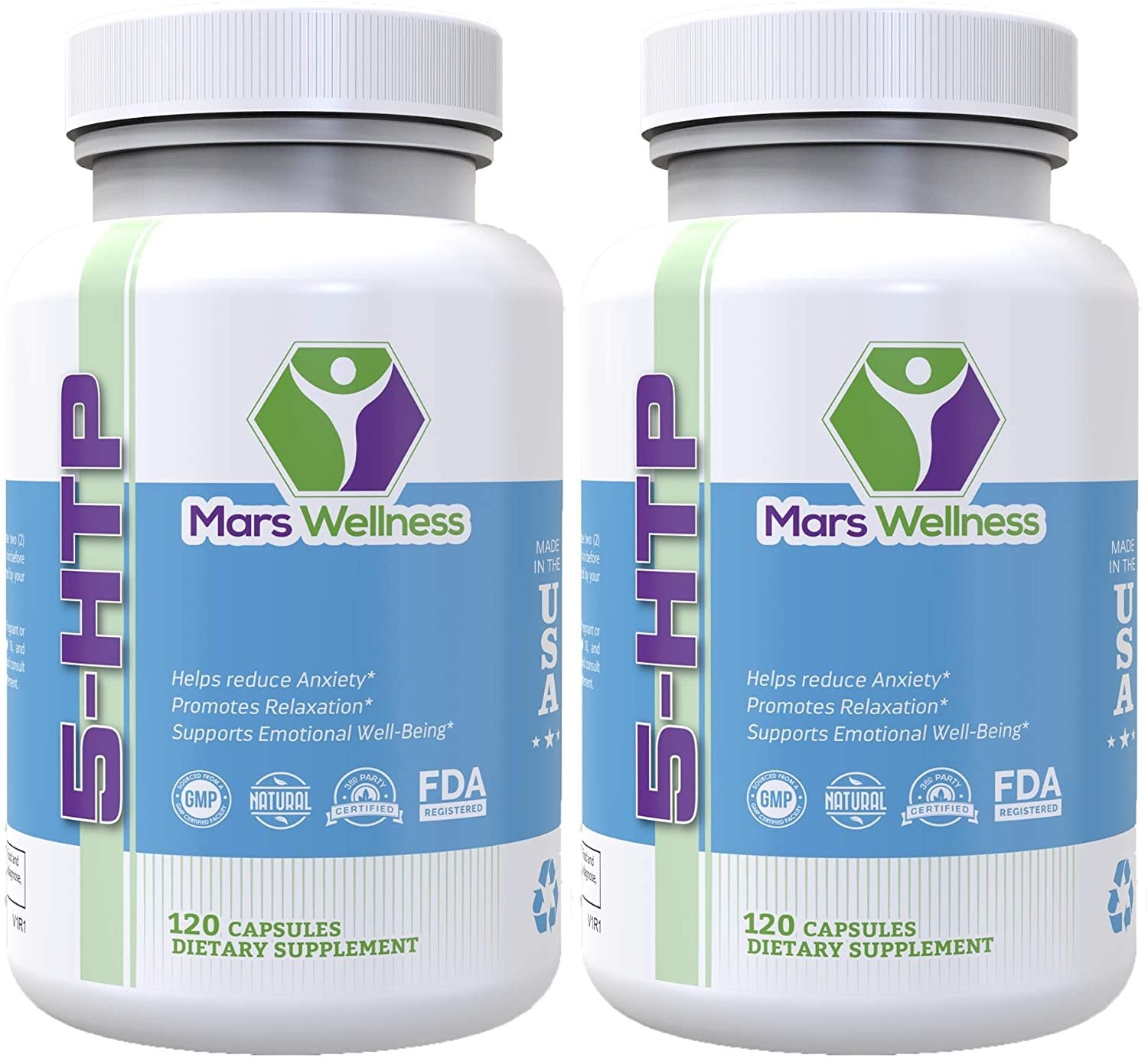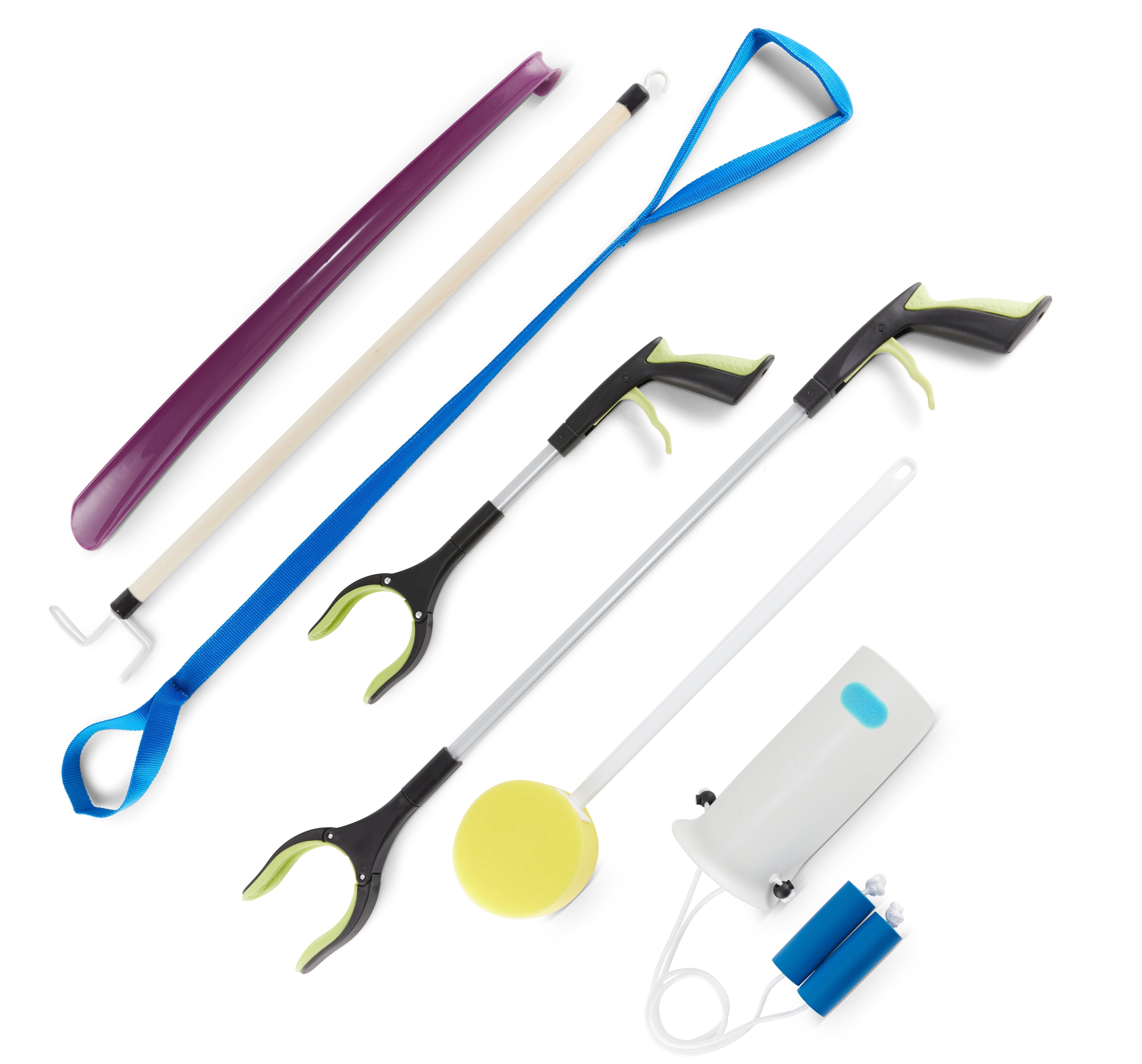
Latherz Bathing Sponges from Mars Wellness Make Big Difference in Flint, MI
The Mars Wellness Latherz bathing sponges have been making a real difference to the residents of Flint, MI who are still dealing with lead poisoning and other issues with their water supply. A number of representatives from Mars Wellness visited Flint on Wednesday, May 11th to donate thousands of the sponges, with an overwhelming response from the local residents after the giveaway was featured on the local NBC affiliate earlier that day.
“The response was overwhelming,” says Mark Bakst, President of Mars Wellness. “We had individuals coming over to us to thank us, telling us they hadn’t bathed their young children in months for fear of their suffering lead poisoning. They couldn’t believe there was actually a product that allows them to use a little bit of bottled water to bathe an entire body.”
This distribution was held in conjunction with Chabad of Eastern Michigan, the Flint Jewish Federation, the United Way of Genesee County and the Food Bank of Eastern Michigan.
The Latherz bathing sponges allow one to wash and clean their entire body with just 3-4 ounces of water, a boon to Flint parents who are still wary of bathing their young children in the lead-poisoned water. Even though many now have filters and the EPA has deemed the filtered water “safe”, locals are still not buying it.
“Flint residents have a serious distrust of government after what happened to their water supply and the lack of help offered in the aftermath, “ says Jeremy Levi, Director of Marketing who along with Bakst and Christina Chilla, purchasing manager, made the trip to Flint. “On top of that the resident believe there are other contaminants in the water and many children still suffer from rashes and other skin ailments even when bathing or washing dishes with the filtered water.”
FullSizeRender (1)
Flint
13227516_902280969894412_1512957552285970248_o
13226856_1127383607293318_5395587142824398430_n
13177721_1127383647293314_8434919721899243522_n
Flint resident Jessica Gutierrez was the driving force behind last week’s distribution, as well as an earlier donation of thousands of Latherz sponges to the local WIC office by Mars Wellness. The mother of five was looking for a way to clean her young children while at the same time avoiding the water that is especially dangerous to children, and had already caused a skin condition on one of her daughters. She found Latherz online and in her review of the product raved how helpful it was to her and her family dealing with the Flint water crisis. Enough bottled water is available to the residents, Gutierrez wrote, what they need is a way to bathe and clean the children. Picking up on the review the company reached out to Ms. Gutierrez who put them in touch with local organizations and the local NBC affiliate to help spread word of the product.
“We were thrilled to do our small part in helping the people of Flint,” says Bakst. “But what we saw on our short trip was that little is being done to help them by the government, which got them into the situation in the first place. There are many organizations doing whatever they can, however, there’s little trust of the government, even after President Obama’s visit to Flint where he took a sip of filtered water. Residents of Flint don’t believe that he actually drank it, and even if he did they’re quick to point out that he’s at little risk from drinking the water; the biggest risk is to young children.”
The Latherz dry sponges contain soap just under the surface. Pouring just a couple of ounces of water on a Latherz sponge and then rubbing it together allows the soap and shampoo to rise to the surface with enough solution to wash an entire adult body. It doesn’t take any water to wash off the soap and shampoo; a thorough rub down with a towel is all it takes to leave one with a clean feeling.
The Latherz sponges were originally developed for use with geriatric and immobile patients, where getting them to a bath or shower is difficult. It has since gained traction with campers, hikers and pet owners, as well as in developing areas where running water is scarce.

